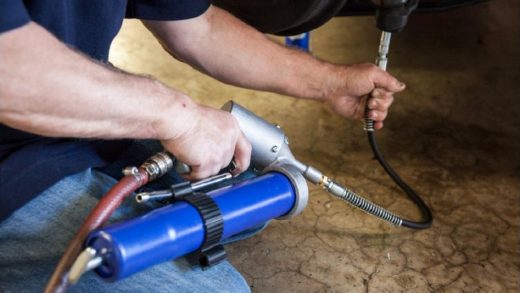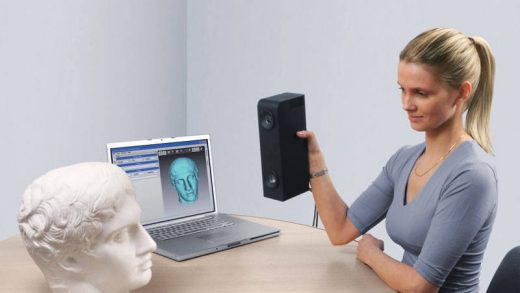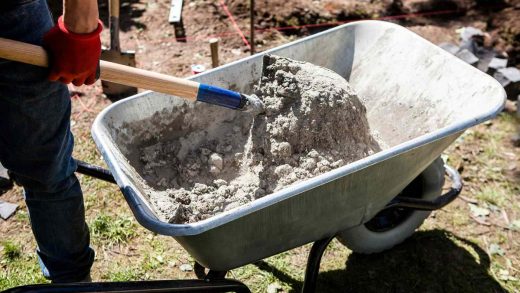Protect Your Business with Product Liability Insurance
A lot of businesses in Australia create quality goods for their customers, and unfortunately, different types of product errors can lead to damages for the customers which can result in a substantial amount of money in legal fees. Product liability means that manufacturers, distributors or suppliers are legally responsible if their products cause harm, loss or damage to a customer.
The term product includes anything that has been manufactured, constructed, assembled, installed, grown, extracted, produced, processed, treated, modified, repaired, bottled, labeled, sold, supplied or re-supplied, distributed, imported or exported by your business or on behalf of your business.

Australia’s product liability laws are made from a combination of state and federal law. The Australian Consumer Law (ALC) is the federal law that applies to manufacturers supplying consumers goods in trade or commerce. These laws are in place to protect the public from products that are faulty and could be harmful.
Product liability insurance can help you protect your business against claims by third parties relating to property damage or personal injury caused by any of your products. It is intended to assist you from the moment an allegation of negligence relating to your product is made. For any business that supplies or distributes products in Australia, product liability policy is an important consideration to minimise the commercial risks of a product liability claim even if you apply the highest attention to safety and quality control.
Contents
Understanding Product Liability
Claims arising from property damage or personal injury as a result of a certain product detect can be very expensive. Most commonly, a product liability claim could arise from a fault in the manufacturing or production process, from a defect in the design of the product or defective warning, instructions or labeling of the product.
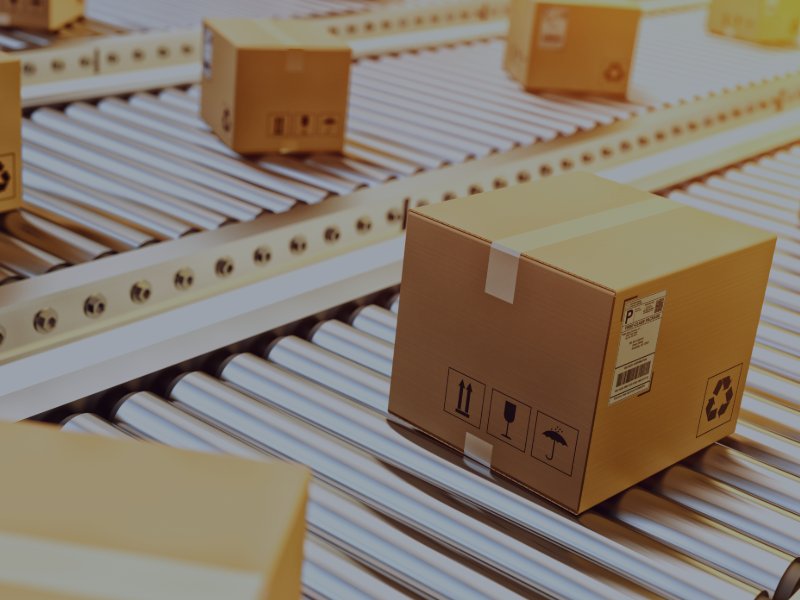
To prove product liability, the customer needs to prove there was a defect with the product and they need to prove they suffered loss or damage. This may include injuries suffered by the person making the claim, injuries or death of another person, other than the person making the claim, or economic loss caused by the product. A customer can take action by bringing an action against the manufacturer in court or rising a complaint to a consumer protection agency. If the claim against the responsible business is successful, the court decides how much compensation needs to be paid.
If you’re manufacturer, wholesale or retail, product liability is relevant at all levels, and considering product liability policy for your business is always a good idea. It may protect your business from the legal costs, costs of investigation, the defense cost and cost of compensation to a third party.
If you’re the manufacturer and you created a defective product and sold it to a customer, you may be liable and the customer may have a claim against you. If you run a shop selling products that are manufactured by an Australian company, and you sell a defective product to a customer, you and the manufacturer may be liable and the customer may have a claim against both of you.
If you sell imported products, manufactured by an international company, and you sell a defective product to a customer, you may be liable and the customer may have a product liability claim against you as an importer of the product.
The first step to protect yourself from product liability is to make safe products and have a culture of safety and quality assurance processes in your business. If you’re not a manufacturer, you need to be aware of who the manufacturer of the product is. The ultimate manufacturer may not be your immediate supplier, that’s why it’s important to know which company makes the product and its location.
Furthermore, thorough and regular testing of your product(s) can help you find any defects in the making process or the design. That can also help you prove that your company took all the necessary steps to avoid defect products.
Also, always provide warnings on dangerous products, which will inform your customers of any potential dangers. If you’re a retailer or distributor, always review the supplier’s procedures in order to protect yourself from defect products.
What is the Difference Between Product Liability and Public Liability?
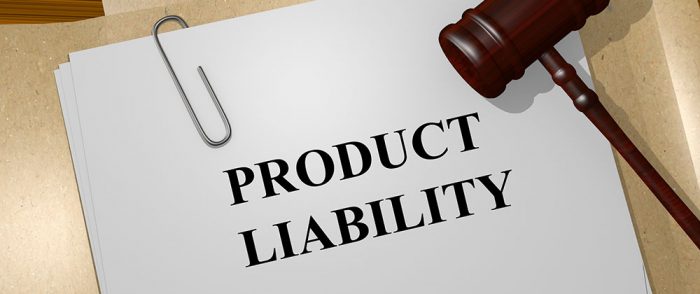
Product liability is very similar to public liability and many times business owners can’t easily decide which one is the right choice. Sometimes product liability insurance can be included with public liability insurance as both forms of cover protect your business from the financial risk in case of property damage or personal injury being suffered by a third party. Public liability is related to your actions and activities, while product liabilities is about the products your supply.
Public liability stands for legal liability related to personal injury or property damage or injury happening in connection with your business. For example, if a customer slips on a liquid spill on your premises and suffers an injury as a result of it, or if your company is working on a client’s premises and damage their property.
Other Types of Insurance for Your Business
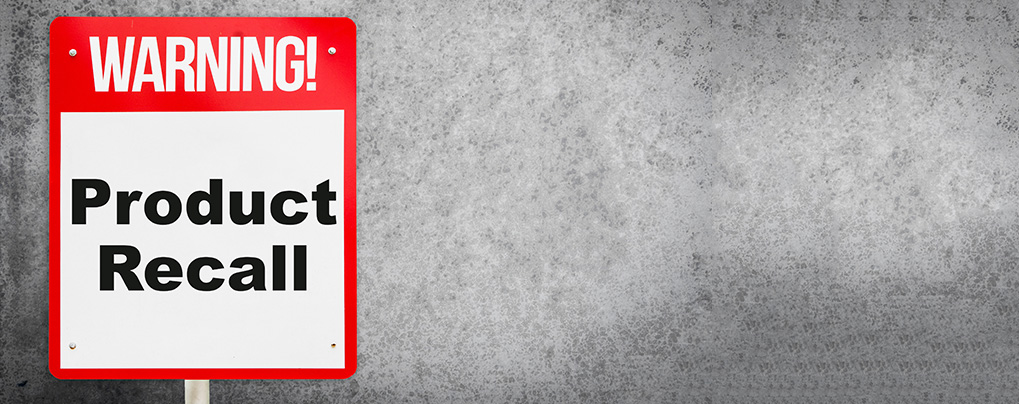
Your business can benefit from other types of business insurance as well, such as management liability, professional indemnity and more. Management liability will cover your business in an event when employees take legal action due to possible errors from management, while professional indemnity can protect your business in case of legal action due to your professional advice.


